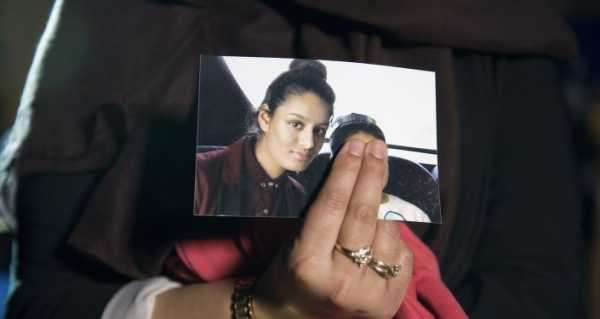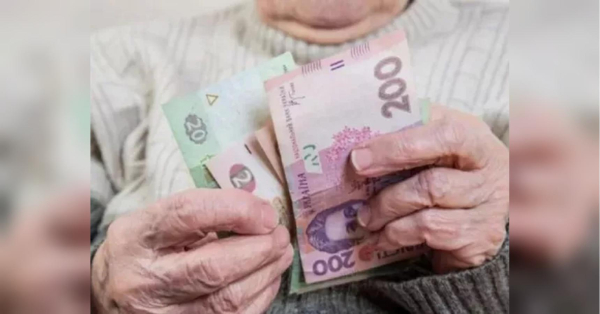
Shamima Begum was 15 when she left her home in east London in February 2015 and travelled to Syria with two other British schoolgirls. She married a Dutch jihadist, who was killed, and is currently in a camp for former Daesh* families in Syria.
A lawyer representing Shamima Begum has accused Home Secretary Priti Patel of “conjuring the spectre” of national security from “behind the veil” of secrecy.
Lord Pannick QC told a UK Supreme Court hearing on Tuesday, 24 September, it was “not justifiable” for Ms Patel to deprive Ms Begum of citizenship and prevent her returning to the UK to appeal against that decision on the basis of evidence which had not been disclosed to the Court of Appeal.
In February 2019 the then Home Secretary Sajid Javid, and Prime Minister Theresa May revoked her citizenship on national security grounds.
Begum married a Dutch jihadist, Yago Riedijk, soon after arriving in the Daesh’s so-called Caliphate in 2015. She lost two of his children and another baby died in the refugee camp near the Iraqi border last year.
In an interview with The Times newspaper in February 2019 Ms Begum said she had “no regrets” about travelling to Syria.
But Lord Pannick pointed out to the Supreme Court on Tuesday that in a later interview, with a Daily Mail journalist, Ms Begum claimed she had only said that because she feared being attacked by former Daesh militants in the camp.
In July the Court of Appeal in London ruled that Begum, who is now 20, should be present in Britain to hear the legal challenge. She is currently in a refugee camp.
But the government appealed and the Court of Appeal agreed the case should be referred up to the Supreme Court because it raised “points of law of general public importance.”
Sir James Eadie, a lawyer representing the UK government, told the Supreme Court judges on Monday 23 November Begum was “considered to pose a real and current threat to national security.”
Lord Pannick referred to a government document about “foreign terrorist travellers” which was published in April 2019.
Quoting from it, he said: “Around 900 people have travelled from the UK to engage with the conflict in Syria and Iraq against the advice of the Foreign Office, of those approximately 20 percent have been killed and 40 percent have returned to the UK. They have all been investigated and the majority have been assessed to pose no, or a very low, risk.”
Lord Pannick said if she were to retain her British citizenship and be allowed to return to the UK Ms Begum could be prosecuted for crimes committed in Syria or be subjected to a TPIM (Terrorism Prevention and Investigation Measures) order, which would severely restrict her freedom and enable the security services to monitor her.
He pointed out she could be prosecuted for “preparation terrorist acts” – which carried a maximum sentence of life – or “encouraging terrorism” or “membership of a proscribed organisation”, which carry maximum sentences of 15 or 10 years respectively.
Lord Pannick said: “The court should not assume Ms Begum will be in the category or posing the most serious threat on her return and that TPIMs and prosecution are sufficient to protect this country on her return.”
Ms Begum’s parents were born in Bangladesh but she was born in London and Dhaka has refused to consider granting her Bangladeshi citizenship.
Lord Pannick said: “If a person has citizenship the Secretary of State has no power to deprive them of citizenship unless they are able to say the individual has, or is capable of, acquiring citizenship of another country.”
The hearing is to conclude later but the Supreme Court judges will not make their ruling until next month.
Sourse: sputniknews.com






